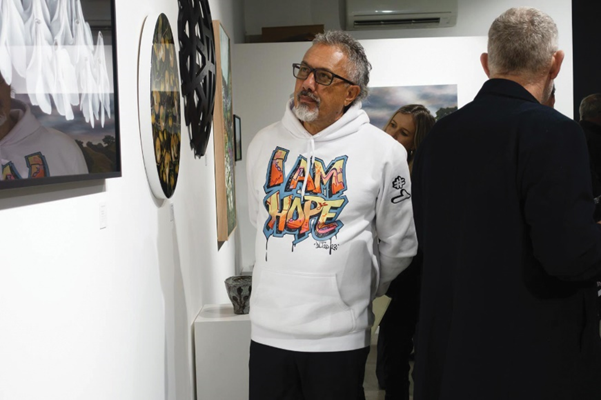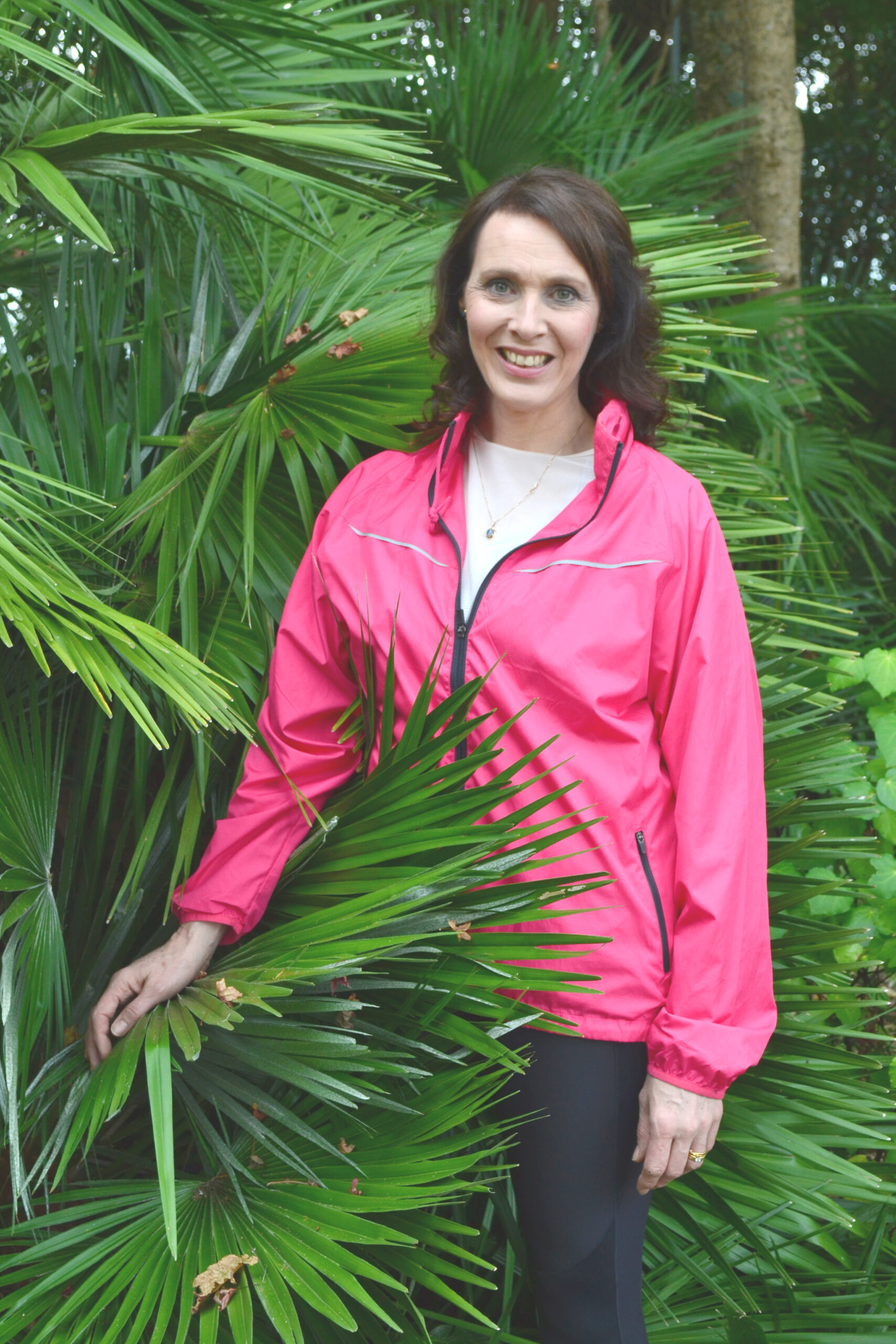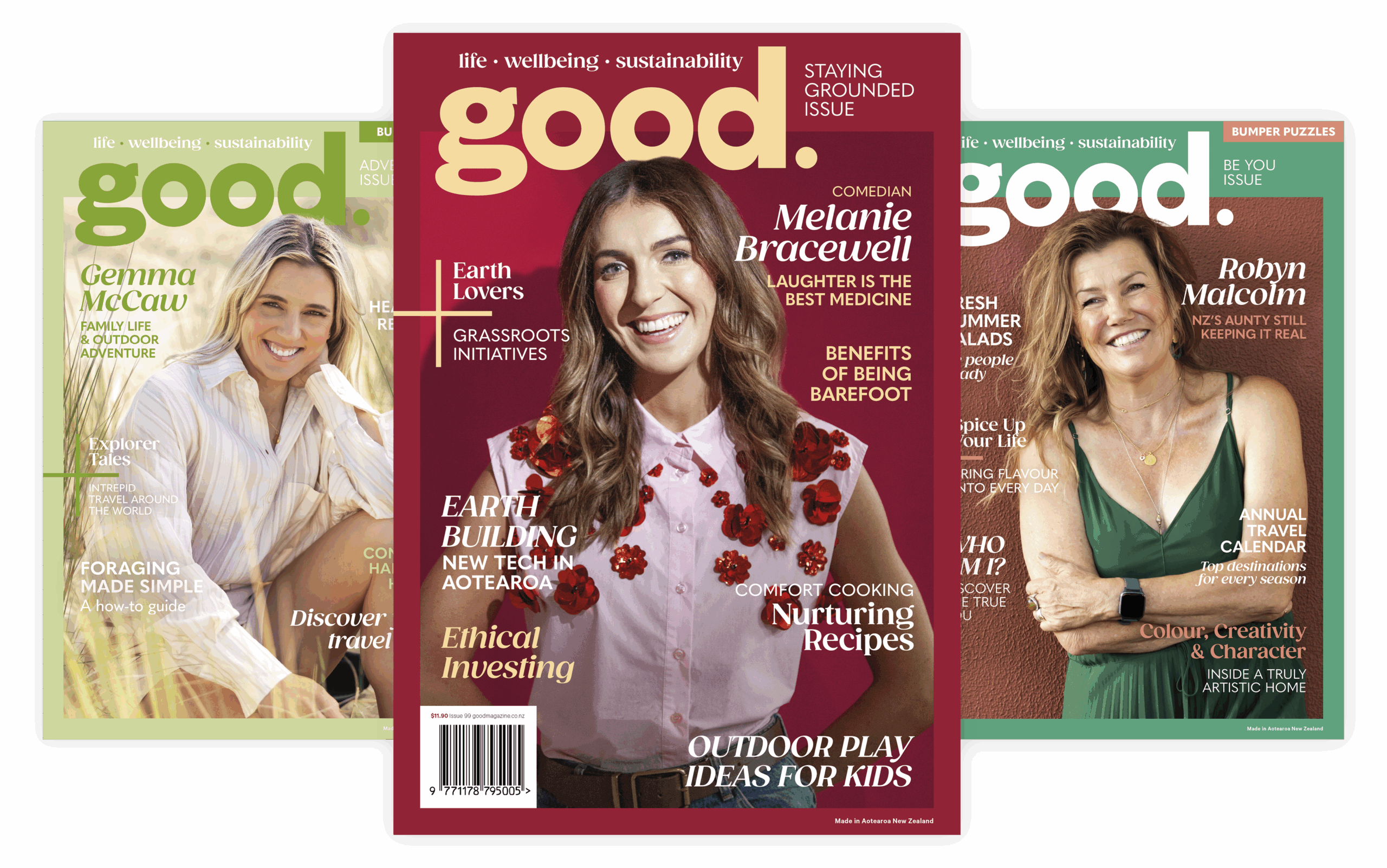The sharper the pixels, the hungrier the power. A recent study found 4K TVs draw about 30% more energy than their HD equivalents.
The hidden carbon footprint of our digital lives — and what we can actually do about it.
The internet tricks us, right? No smoke, no fumes, no recycling bins overflowing with TikTok videos. It feels weightless — just endless memes and movies floating in “the cloud.” Except the cloud isn’t fluffy or magical. It’s a massive warehouse of servers in some far-off paddock, chugging through electricity 24/7. Our online lives look tidy, but behind the scenes they’ve got a heavy carbon footprint.
The good news: this isn’t all doom. A few simple changes in how we stream, store, and recycle can actually lighten the load. Let’s look at three big digital habits shaping our footprint right now — and some easy ways to green them up.
Your binge-watch habit = a carbon factory

Let’s start with the easy one: streaming. The sharper the pixels, the hungrier the power. A recent study found 4K TVs draw about 30% more energy than their HD equivalents. Multiply that across all the hours we spend on “just one more episode,” and suddenly Netflix is belching out more carbon than some entire countries. Not exactly the vibe when you’re trying to have a chill night in.
Quick green hacks:
- Switch your default settings to HD. Your eyes won’t notice, your power bill will.
- Turn off autoplay (yes, you too, Netflix).
- Download movies you know you’ll watch again. It uses less energy than streaming every single time.
Not glamorous. But effective.
The e-waste avalanche (and that drawer we all have)

Okay, confession time: I pulled a Nokia brick out of my own drawer last week. No idea why I was keeping it — nostalgia? Apocalypse backup? — but finally dropping it at TechCollect was oddly satisfying.
Globally, e-waste is set to hit 80 million tonnes this year. In Aotearoa, most of it still goes straight to landfill. That means toxic metals leaching into soil and rare earth minerals wasted.
The hopeful bit? We’ve got options:
- TechCollect NZ does free drop-offs at Noel Leeming or Warehouse Stationery for old computers, printers, and accessories.
- Councils take phones, chargers, and small devices at recycling centres and transfer stations. Screens sometimes carry a fee, but most small stuff is free.
- Echo and E-Cycle run secure services if you’ve got old work laptops with data you can’t risk.
- Local legends like Urban Miners (Waipā) or the Nelson Environment Centre hold monthly drive-thru collections or repair-and-reuse events.
Even your dead batteries can go in the bins at supermarkets or Mitre 10.
Think of that junk drawer as a mini-mine: full of gold, silver, and cobalt that we’d otherwise dig out of the ground again. Clearing it out isn’t just decluttering — it’s climate-positive action.
The Cloud clean-up nobody talks about

“Cloud” sounds floaty and harmless. In reality, it’s giant server sheds — many still fossil-fuel powered. Every blurry photo and “just in case” file we leave online requires energy to keep alive. My inbox alone probably powers a small town if I’m honest.
Easy clean-up wins:
- Delete duplicates and junk. Especially those 17 versions of the same sunset photo.
- Unsubscribe from mailing lists you never open.
- Try Ecosia as your search engine — it plants trees with ad revenue.
- Treat “unlimited” storage as if it’s not. Keep what matters, clear the rest.
Digital choices are physical choices. That Netflix autoplay, that dusty drawer, that bloated inbox — all of it lands somewhere in the real world. The emissions are invisible, but they’re there.
This month, maybe it’s streaming in HD instead of 4K. Maybe it’s finally letting go of your dead iPod. Maybe it’s a ruthless inbox purge. None of these feel revolutionary on their own. But multiplied across all of us? They’re how systems shift.
I’ve got a drawer glaring at me as I write this — a graveyard of cords and an ancient laptop I keep pretending I’ll “wipe properly someday.” Maybe this is the month I finally deal with it. Maybe it’s yours too.
The digital world might feel weightless, but it’s anchored firmly in ours. The question is whether we let it drag — or use it to lighten the load.







